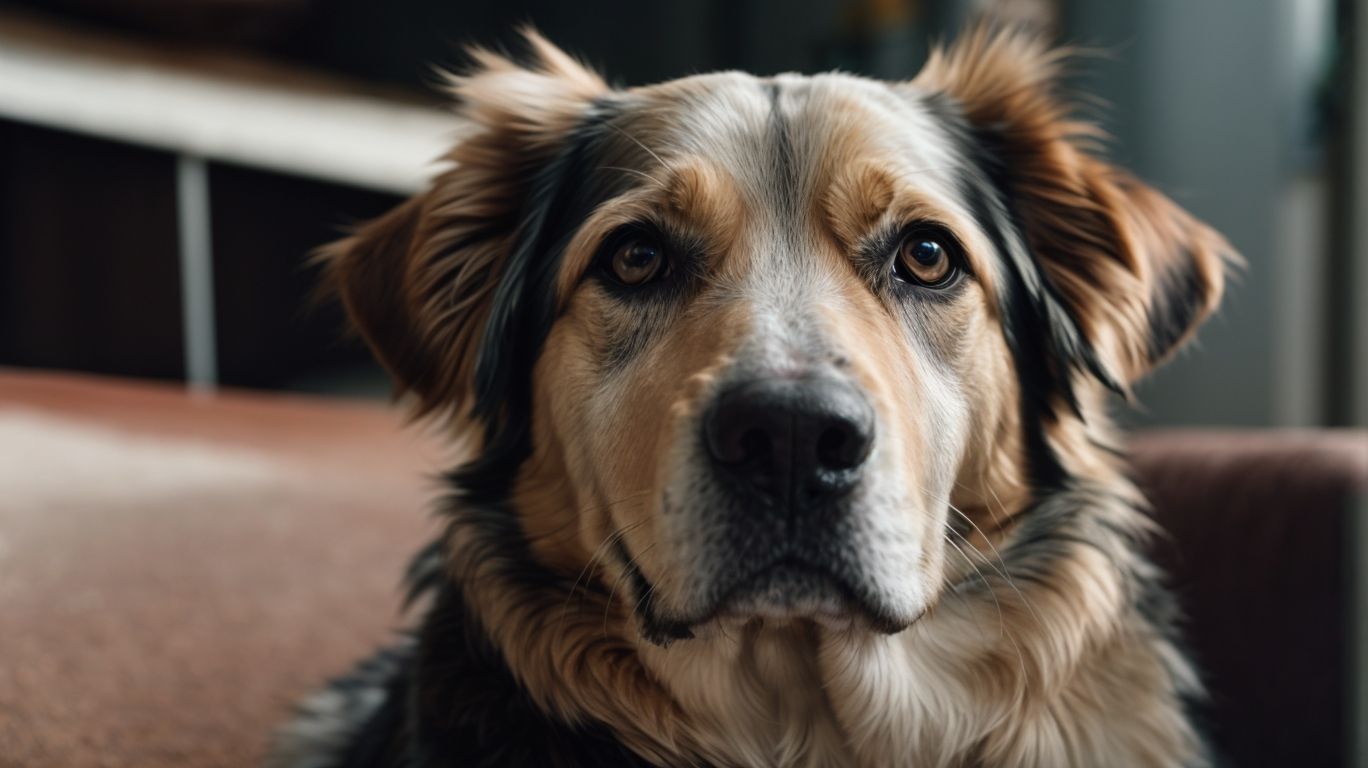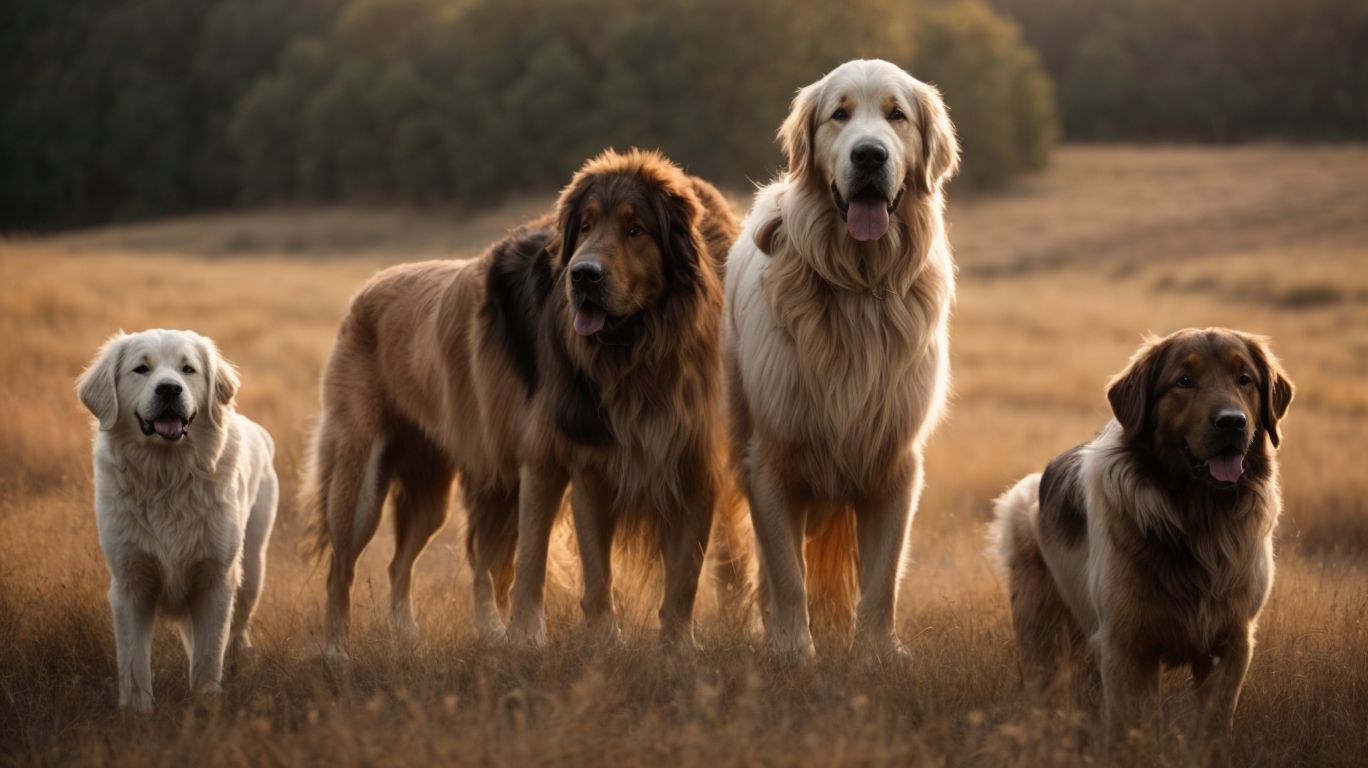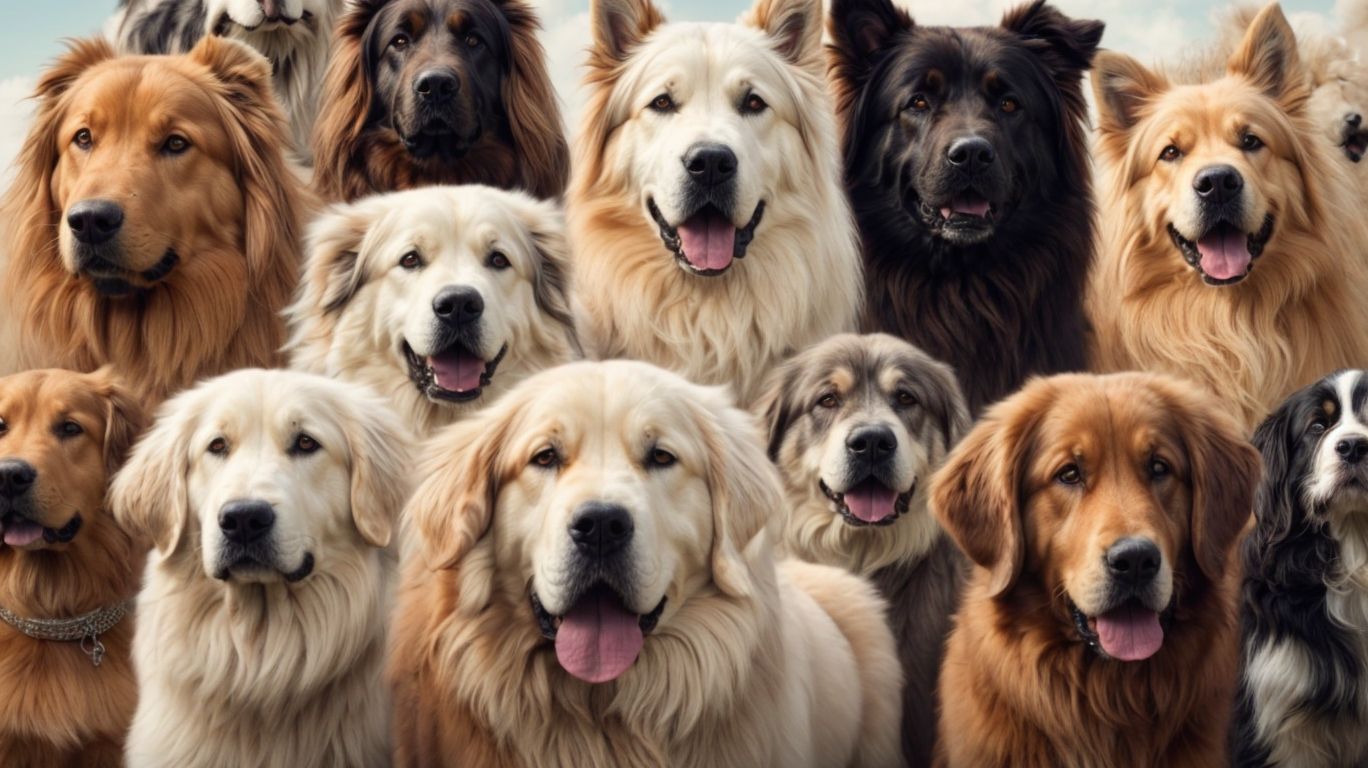
Senior Dog Health: Decoding Nasal Discharge and Its Implications
As our beloved dogs age, they may experience various health issues, including nasal discharge. In this article, we will explore the types, causes, and common health issues associated with nasal discharge in senior dogs.
We will also discuss the symptoms, diagnosis, treatment options, and possible complications of nasal discharge, as well as how to prevent it. Whether you’re a new senior dog owner or a seasoned pet parent, understanding nasal discharge and its implications is crucial for maintaining your furry friend’s health and well-being.
What is Nasal Discharge in Senior Dogs?
Nasal discharge in senior dogs refers to the abnormal flow of mucus from the nostrils, which can indicate underlying health concerns and respiratory issues in elderly canines.
This discharge may range in consistency from clear and watery to thick and discolored, and can be a sign of infections, allergies, dental problems, or tumors. As dogs age, their immune systems may weaken, making them more susceptible to these issues.
The aging process can lead to changes in the nasal passages and respiratory system, making it important to monitor any changes in nasal discharge as a potential indicator of health decline in senior dogs.
What are the Types of Nasal Discharge?
Nasal discharge in senior dogs can manifest in various types, including clear and watery discharge, thick mucous discharge, and discolored discharge, often associated with sinus infections, respiratory infections, or allergies.
These different types of nasal discharge can be indicative of specific health issues.
Clear and watery discharge may suggest a viral infection, while thick mucous discharge could signal a bacterial infection.
Discolored discharge, such as yellow or green, might indicate the presence of an underlying infection or, in some cases, a foreign body lodged in the nasal passage.
All of these can be concerning for senior dogs, especially when considering potential complications such as breathing difficulties and diminished sense of smell.
It’s essential for senior dog owners to monitor any changes in their pet’s nasal discharge and seek veterinary care promptly to address the underlying causes and maintain their dog’s overall health.
What Causes Nasal Discharge in Senior Dogs?
Nasal discharge in senior dogs can be caused by various factors, including chronic conditions, respiratory issues, and age-related changes in the canine respiratory system.
Chronic conditions in senior dogs can manifest as dental problems, such as tooth root abscesses, or tumors in the nasal passages. Respiratory issues, like infections or allergies, can also cause nasal discharge. It’s crucial for pet owners to understand that nasal discharge in older dogs may indicate underlying health problems and should be addressed by a veterinarian. Ignoring these symptoms can worsen health issues and potentially affect the overall well-being of the elderly dog.
What Are the Common Health Issues Associated with Nasal Discharge?
Nasal discharge in senior dogs is often associated with common health issues such as respiratory infections, sinus infections, and underlying chronic conditions. This necessitates veterinary examination and specialized senior pet care.
As dogs age, their immune systems can become weaker and more vulnerable to health issues. This can be especially concerning when it comes to nasal discharge, as it can be a symptom of a more serious underlying condition. To effectively treat nasal discharge, it’s important to identify the root cause and work with a veterinarian to develop a treatment plan. This may include medications or even surgery in severe cases. Regular check-ups can also help catch any health issues early on, promoting a better quality of life for senior dogs.
What Are the Symptoms of Nasal Discharge in Senior Dogs?
The symptoms of nasal discharge in senior dogs may include sneezing, coughing, nasal congestion, reduced appetite, and lethargy. These signs indicate the need for prompt diagnosis and intervention to safeguard overall canine health.
As dogs age, their immune systems may weaken, making them more susceptible to respiratory infections and other underlying health issues that can manifest as nasal discharge. It’s crucial for pet owners to be vigilant and seek veterinary attention at the first sign of nasal discharge to rule out any serious conditions.
Timely diagnosis and intervention can prevent complications and discomfort for aging dogs, ensuring they maintain a good quality of life.
How is Nasal Discharge Diagnosed in Senior Dogs?
Diagnosing nasal discharge in senior dogs involves a comprehensive veterinary examination, which may include physical assessments, nasal endoscopy, imaging tests, and evaluations for age-related respiratory issues.
These assessments are crucial to determine the underlying cause of nasal discharge in elderly dogs. The physical examination helps identify any abnormalities in the nasal passages and assess overall health.
Nasal endoscopy allows for a detailed visual inspection of the nasal cavity, while imaging tests such as X-rays or CT scans can reveal structural abnormalities or tumors. Given the propensity for age-related respiratory issues in senior dogs, such as nasal tumors or chronic respiratory conditions, these specific considerations must be factored into the diagnostic process to ensure a comprehensive and accurate assessment.
What Tests are Conducted for Diagnosis?
Diagnostic tests for nasal discharge in senior dogs may include nasal swabs, blood tests, X-rays, CT scans, and allergy assessments, enabling comprehensive veterinary care tailored to address potential respiratory issues and aging-related concerns.
These tests play a crucial role in evaluating the underlying causes of nasal discharge in elderly dogs. They allow veterinarians to assess for infections, tumors, foreign bodies, or other respiratory ailments.
Nasal swabs can help identify specific pathogens, while blood tests provide insight into overall health and potential immune system responses. X-rays and CT scans allow for detailed visualization of the nasal cavity, aiding in the diagnosis of structural abnormalities or masses. Allergy assessments are also valuable, particularly in addressing environmental sensitivities and their impact on nasal health in aging dogs.
What are the Treatment Options for Nasal Discharge in Senior Dogs?
The treatment of nasal discharge in senior dogs may involve medication, supportive care, and potential interventions to address underlying respiratory issues, emphasizing the pivotal role of veterinary care in safeguarding overall canine health.
Veterinary care is crucial in assessing the underlying cause of nasal discharge. It may indicate a range of conditions including allergies, infections, or nasal tumors.
Once diagnosed, the veterinarian may prescribe appropriate medications such as antibiotics, antihistamines, or corticosteroids. These can alleviate symptoms and address the root cause of the issue.
Supportive measures like humidification, comfortable rest, and proper nutrition are also vital for aiding the dog’s recovery and ensuring their well-being.
Regular follow-ups with the veterinarian are essential to monitor progress and make any necessary adjustments to the treatment plan.
How is Medication Administered for Nasal Discharge?
Medication for nasal discharge in senior dogs is typically administered through oral medications, nasal sprays, or nebulization, complemented by pet wellness strategies and vigilant veterinary care to ensure effective treatment and overall well-being.
Oral medications, such as antibiotics or antifungal drugs, are commonly prescribed to treat infections that cause nasal discharge.
Nasal sprays containing decongestants or steroids can help reduce inflammation and excessive mucus production.
Nebulization is also a useful method for delivering medication directly to the respiratory system.
Regular veterinary check-ups are essential for monitoring treatment progress and adjusting medication as needed, promoting the health and comfort of elderly dogs.
Are There Any Home Remedies for Nasal Discharge in Senior Dogs?
While veterinary guidance is crucial, some home remedies such as steam therapy, saline nose rinses, and air purification may offer supportive care for nasal discharge in senior dogs, particularly in managing chronic conditions under careful pet care supervision.
When it comes to pet care, it’s crucial to take a holistic approach and consider remedies that can ease discomfort and support the dog’s natural healing processes. These measures can also enhance overall well-being and complement prescribed treatments for underlying health issues.
However, it’s important to regularly monitor and communicate with the veterinarian to evaluate the effectiveness of these remedies and make necessary adjustments for optimal management of the dog’s nasal discharge.
What are the Possible Complications of Nasal Discharge in Senior Dogs?
Nasal discharge in senior dogs can lead to potential complications such as chronic respiratory issues, reduced quality of life, and systemic health impacts, underscoring the significance of regular veterinary examination and attentive care for aging pets.
Such discharge may signify underlying health concerns, including infections, dental issues, or tumors, common in older dogs.
Regular check-ups enable early detection, crucial for managing age-related conditions and ensuring timely intervention.
Aging-related changes in the immune system can exacerbate susceptibility to respiratory ailments, making prompt veterinary care essential.
Monitoring nasal discharge can aid in safeguarding overall canine health, contributing to improved well-being and enhanced longevity for senior dogs.
How Can Nasal Discharge in Senior Dogs be Prevented?
Preventing nasal discharge in senior dogs involves proactive pet care, preventive measures such as regular vaccinations, environmental hygiene, and attentive management of age-related health changes, contributing to the overall wellness of aging pets.
Ensuring a clean and comfortable living environment for elderly dogs is crucial to prevent respiratory issues.
Regular moderate exercise and a balanced diet rich in essential nutrients can help bolster their immune system.
Routine dental care and grooming sessions can play a role in maintaining their overall health.
Considering the individual needs of senior dogs, it’s important to consult a veterinarian for tailored preventive strategies and regular check-ups to address any health concerns promptly.
What are Some Tips for Maintaining Senior Dog’s Health and Preventing Nasal Discharge?
Maintaining a senior dog’s health and preventing nasal discharge involves regular veterinary care, balanced nutrition, suitable exercise, and environmental modifications to create a supportive and healthy lifestyle for aging pets.
Regular check-ups are essential to monitor your senior dog’s health and catch any potential issues early. This allows for timely treatment and can prevent more serious health problems from developing.
Additionally, it’s crucial to ensure that your senior dog is receiving a well-balanced diet that is tailored to their specific needs as they age. This may include adjusting their food portions or switching to a senior-specific formula.
Moderate exercise is also important for senior dogs, as it can help maintain their weight and mobility. However, it’s essential to choose activities that are appropriate for their energy levels and avoid overexertion.
Lastly, making environmental changes can greatly contribute to your senior dog’s comfort and well-being. This may include creating a cozy sleeping area and minimizing hazards in their living space.




No Comments